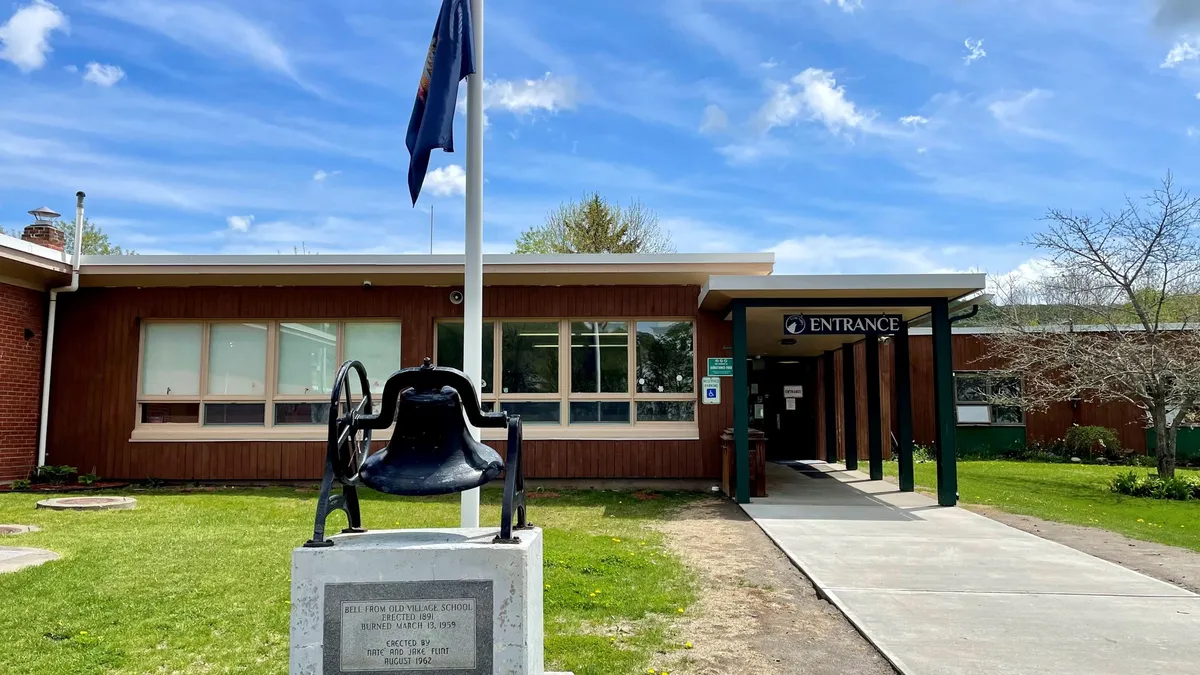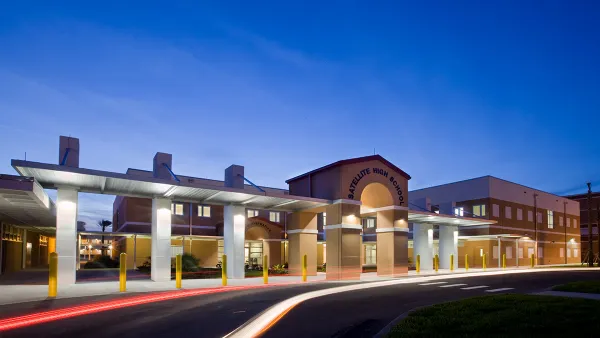School districts must pay for students who live in districts without secondary schools to attend religious school alternatives, according to guidance put out by the Vermont Agency of Education in the wake of a recent U.S. Supreme Court ruling on a religious schools case. The alternatives must meet state standards or be approved by the state, the Vermont department said.
The state guidance comes three months after the Supreme Court's ruling in Carson v. Makin, which held that Maine violated the First Amendment by restricting religious private schools from using public tuition assistance programs. The decision made it easier for private schools to access public subsidies.
"Requests for tuition payments for resident students to approved independent religious schools or religious independent schools that meet educational quality standards must be treated the same as requests for tuition payments to secular approved independent schools or secular independent schools that meet educational quality standards," said Vermont's guidance, which cites the Supreme Court case.
In July, Maine released a document clarifying the Supreme Court decision only applied to school administrative units that do not operate local public schools at a certain grade level span and do not have contracts in place with nearby public or private schools.
The Carson v. Makin decision caused an uproar among public education advocates, who said the decision would siphon off public dollars to private religious schools.
In a report released Tuesday, for example, the Florida Policy Institute and Education Law Center found public funding for private school vouchers increased to 10% of state aid for public education for the 2022-23 school year.
“It’s concerning that an enormous amount of tax dollars are being railroaded to private schools with virtually no transparency or accountability,” said Norín Dollard, senior policy analyst and KIDS COUNT director at FPI, in a statement. “Investing in quality public schools should be one of state lawmakers’ top priorities as we fast approach the 2023 legislative session.”
Advocates of private school vouchers say excluding religious schools is discriminatory and encroaches on student and parental choice.
Political experts warned that the Carson v. Makin decision would lead to momentum in states nationwide to increase such programs.













